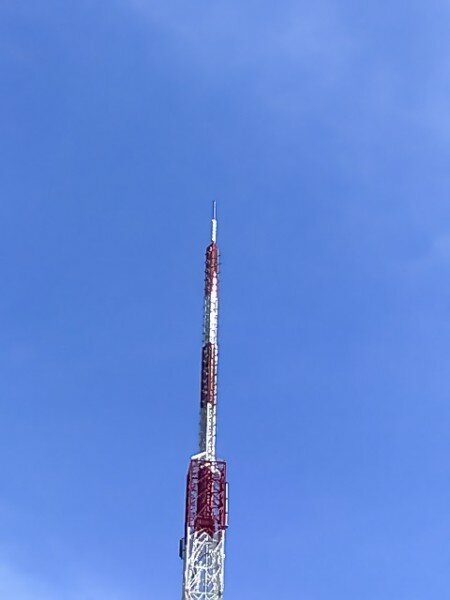
CC image courtesy of AlbCorPH, on Flickr.
Botswana has beaten its Southern Africa neighbours, including South Africa, to the switch-on of digital signal broadcasting, despite choosing an alternative technology to its peers.
Mokgweetsi Masisi, minister for presidential affairs and public administration, addressed guests at the official switch on yesterday and outlined why the country had chosen to use the ISDB-T technology, favoured by Japan and Brazil, rather than the European DVB-T standard preferred by most of Africa, and importantly, South Africa.
All African countries are required to migrate from analogue to digital signal by 2015, as agreed by the International Telecommunucations Union (ITU), although many have struggled to stick to their own self-imposed deadlines.
HumanIPO reported earlier this month South Africa could miss the full migration deadline (2015) by as much as two years.
“Botswana sought to determine which standard to deploy, taking a very careful and considered approach,” Masisi said.
“Botswana remained conscious of the need to derive maximum technological, economic and social benefits for our population, with any of the various digital broadcasting standards.”
The minister added tests were conducted with both standards and by March 2012 they had decided the Japanese technology was “most appropriate and beneficial to Botswana”.
Keiichiro Tachibana, Japan’s vice minister for internal affairs and communication, was also at the switch-on and Masisi said the Japanese politician had played an important part in the process.
Tachibana said: “I believe that the introduction of this broadcasting system, which is both technologically and socially superior, will certainly contribute to the development of Botswana. Japan will implement assistance including human resource development and technology transfer, to Botswana in deploying digital TV.”
Japan completed their digital migration in 2011 and it appears Botswana were swayed to ISDB-T standard by the support the Far East Asian country and officials in South America are willing to offer.
Angola are the only other country to choose the ISDB-T standard in Southern Africa, but Tachibana said he believes more may follow suit.
He added: “I would like to make today’s ceremony an opportunity for other countries in southern Africa to adopt ISDB-T and prompt a smooth transition of the introduction of digital TV. Japan will continue encouraging other SADC member countries to adopt ISDB-T gaining the cooperation of the Botswana Government.”


















